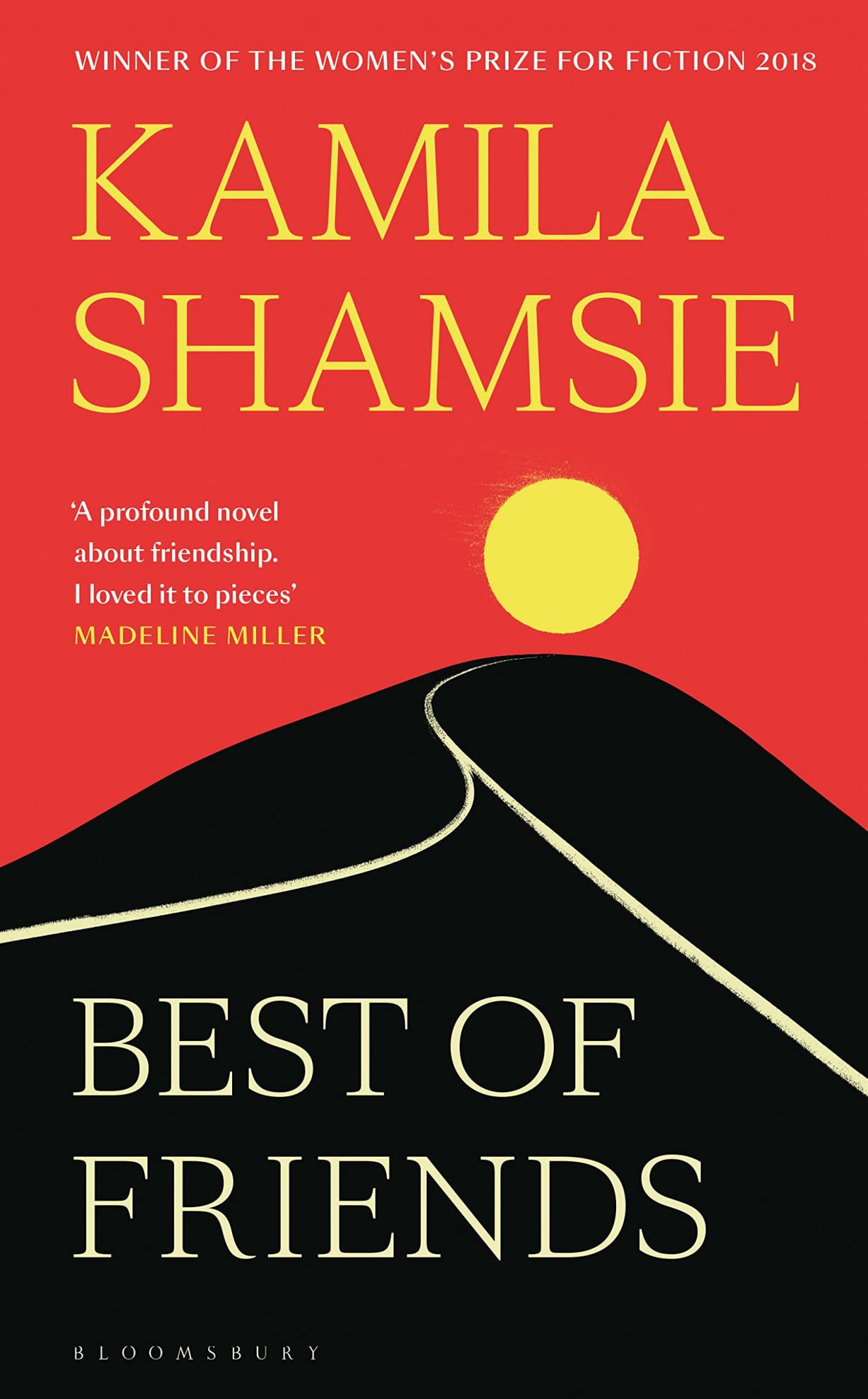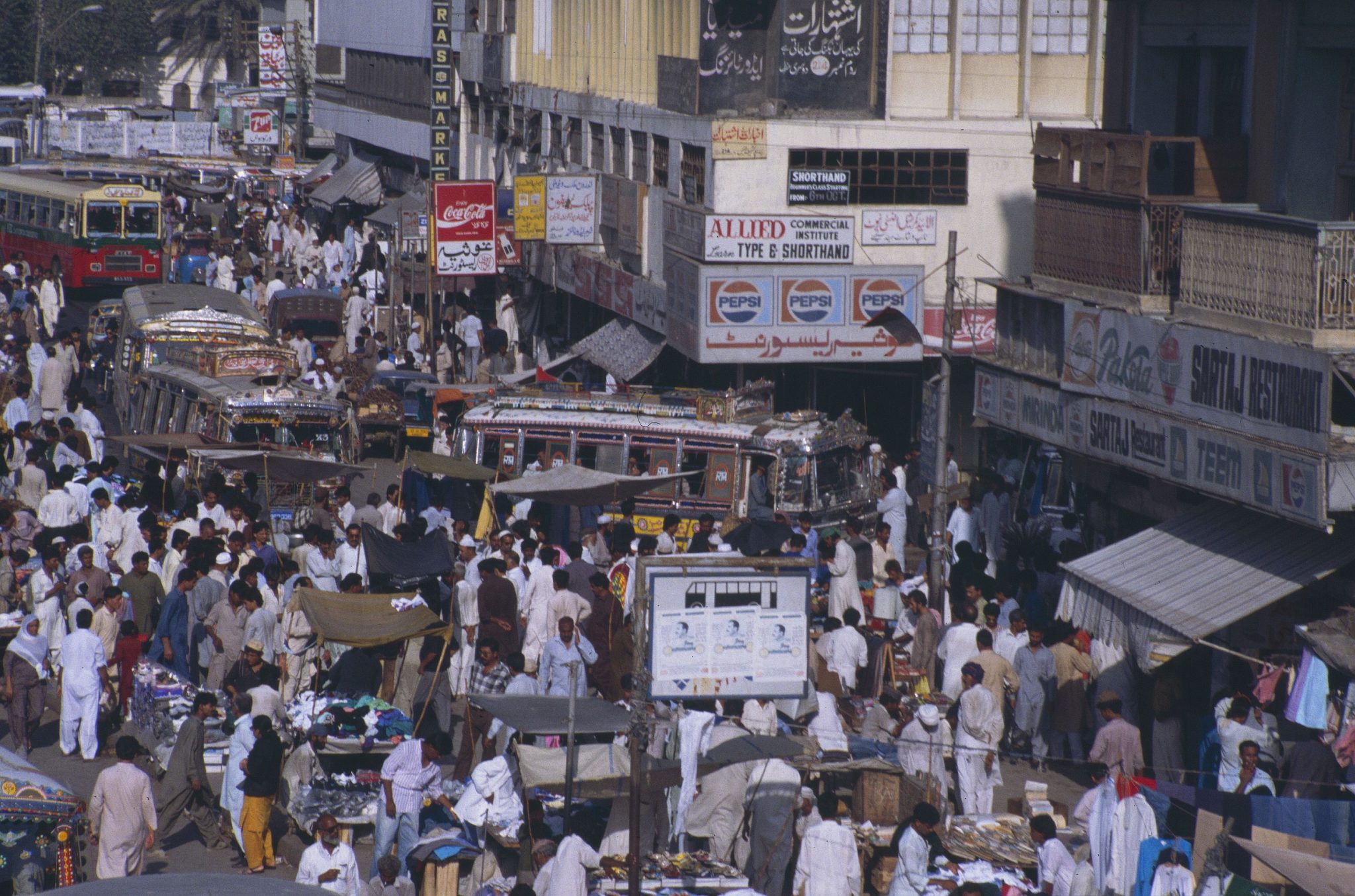Shamsie’s latest novel, Best of Friends is a tale of friendship – and of two halves
Kamila Shamsie’s eighth novel is a tale of contrasts: England and Pakistan; public and private; personal and political; ideology and opportunism; rich and … well, not quite so rich.
The best of friends of the title are Maryam and Zahra, fourteen-year-old girls who attend a posh school in Karachi. It is 1988. Maryam is the pampered scion of a leather-goods dynasty, run by her hard-nosed grandfather; he intends to bypass his feckless, dilettante son and hand the company reins to Maryam when she comes of age. This expectation informs her attitude to everything. Zahra’s home life is less opulent but nonetheless comfortable. Her father, a sports journalist, fronts a new – and wildly popular – cricket show on TV. Zahra is head-girl material and dreams of an Oxbridge scholarship. Headstrong Maryam flirts with a slick older boy, Hammad; Zahra is demure, but enjoys being looked at.
The rarefied Karachi these girls inhabit is also a place of oppositions. There’s talk of Jackie Collins, Bruce Springsteen and boys fit for snogging, but also military dictatorship, banned poetry and judicial flogging. Both families are broadly secular; there are opportunities for women. But authoritarianism presses in. Zahra’s father receives a visit from General Zia’s goons; he is asked to say something obliging on his show about the Pakistani leader. Maryam’s grandfather has other matters on his mind: he has ‘little time for democracy, which brought too many variables into play’.
The novel’s opening sections are wonderfully realised. Shamsie captures the fizz and fissure of teenage friendship, the rivalry and trust, the secrets shared and hidden. The Karachi glimpsed from car windows is thrilling and dangerous, and, when Zia is assassinated and the liberal Benazir Bhutto becomes prime minister, Pakistan seems to be at a crossroads. This crux is mirrored by a defining episode in the girls’ lives: after leaving a party, they get into a scrape when they go off with Hammad and another man. Zahra manages to emerge with her reputation untarnished; Maryam finds herself in disgrace.

In the novel’s second half, Zahra and Maryam are now in their mid-forties and living in London. It is 2019 and the traits and themes laid out so carefully by Shamsie have hardened into something more programmatic. Zahra, a lawyer by training, is the head of a civil liberties organisation. Maryam is a venture capitalist, whose portfolio includes a sinister ‘photo-and- video-sharing app’ that boasts state-of-the-art facial-recognition software: the stuff of civil liberties nightmares. But Zahra and Maryam remain close. ‘You can’t let politics get in the way of friendship’, another character proddingly reminds us.
To spice up this opposition is the friends’ approach to private life. Zahra is divorced and single; she has sex with awful men. Maryam, by contrast, enjoys a perfect domestic setup with her wife, Layla – a sculptor – and their delightfully (and not always credibly) mature ten-year-old daughter.
While we can well imagine Zahra and Maryam turning out this way, Shamsie seems intent on highlighting her schema at every turn, then plonking it back in the context of Karachi 1988. Accordingly, the characters have a maddening habit of reflecting on past events as if they happened 30 pages, rather than 30 years, ago. This intensifies when the past comes back to haunt them, following the return of Hammad. With character relegated to theme, sympathy falls away, and, by the end, Shamsie appears to have developed a distaste for both of her protagonists. Yet Best of Friends is not quite a satire or morality tale.
Shamsie’s observations about social media are clever and incisive, as are those about Pakistani and English social mores. There are some excellent vignettes, including the spectre of a Boris Johnson-like prime minister cutting a grubby deal with Maryam. What it all amounts to is rather more disappointing. But this novel of contrasting fortunes remains worth reading for its first half alone.
Best of Friends by Kamila Shamsie. Bloomsbury Circus, £16.99 (hardcover)
